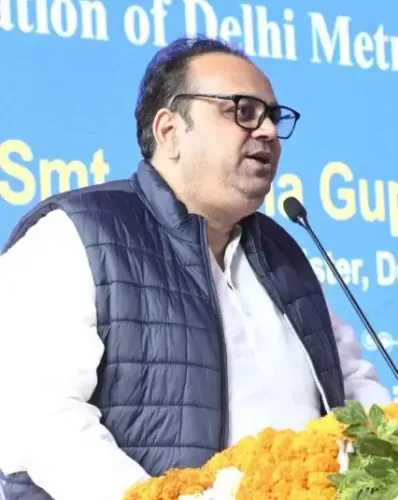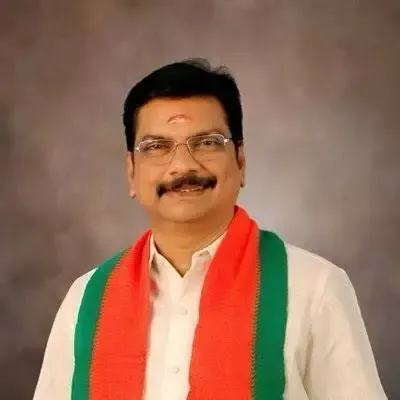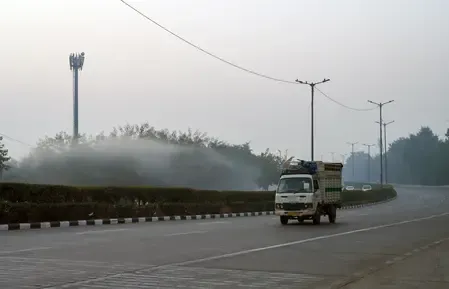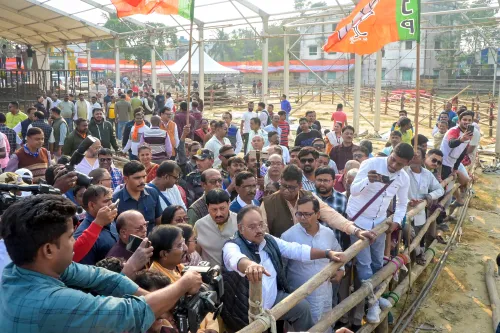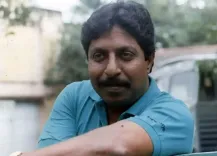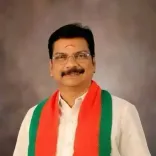Supreme Court Collegium Proposes 8 Judicial Officers for Gujarat High Court
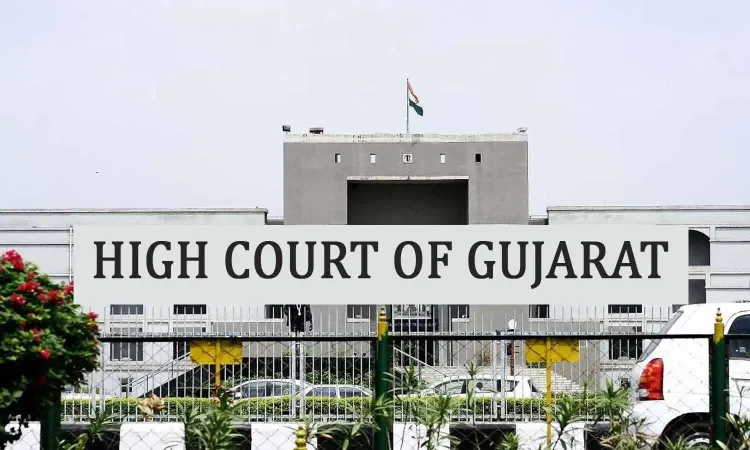
Synopsis
Key Takeaways
- Supreme Court Collegium recommends judicial appointments.
- Eight judicial officers nominated for Gujarat High Court.
- Process involves Chief Justice and Chief Minister's recommendations.
- Union Minister of Law & Justice evaluates proposals.
- Final approval by the President of India required.
New Delhi, March 20 (NationPress) The Supreme Court Collegium, led by Chief Justice of India (CJI) Sanjiv Khanna, has put forth a recommendation for the appointment of eight judicial officers as Judges of the Gujarat High Court.
The names of the judicial officers proposed include Liyakathussain Shamsuddin Pirzada, Ramchandra Thakurdas Vachhani, Jayesh Lakhanshibhai Odedra, Pranav Maheshbhai Raval, Mool Chand Tyagi, Dipak Mansukhlal Vyas, Utkarsh Thakorbhai Desai, and Rohenkumar Kundanlal Chudawala. This recommendation was made earlier by the Chief Justice of the Gujarat High Court after consultations with his two senior-most colleagues.
According to a statement published on the official website of the apex court, the proposal for the appointments was approved during a meeting of the Supreme Court Collegium held on 19th March 2025.
In line with the memorandum of procedure (MoP) that governs High Court judge appointments, the Chief Justice initiates the proposal for a High Court judge. Should the Chief Minister wish to nominate a candidate, he must forward that recommendation to the Chief Justice for consideration. The Governor, acting on the Chief Minister's advice, is responsible for sending his recommendation along with supporting documents to the Union Minister of Law & Justice within a six-week timeframe from the Chief Justice's proposal.
If feedback is not received within this period, the Union Minister of Law & Justice will assume that the Governor (or Chief Minister) has no additional input on the proposal and proceed accordingly.
The Union Minister of Law & Justice will evaluate the recommendations based on any other available reports regarding the candidates. The complete documentation will then be forwarded to the Chief Justice of India for his advice. The Chief Justice of India, in consultation with the two most senior Judges of the Supreme Court, will form an opinion concerning the recommended appointments.
Following these consultations, the Chief Justice of India is expected to submit his recommendation to the Union Minister of Law & Justice within a four-week period. Furthermore, in accordance with the MoP, once the President signs the appointment warrant, the Secretary of the Department of Justice will notify the Chief Justice, and a copy of this communication will be sent to the Chief Minister. The Chief Minister will then announce the appointments and publish the necessary notification in the Gazette of India.


